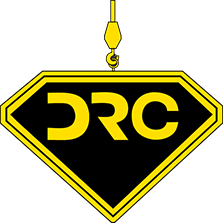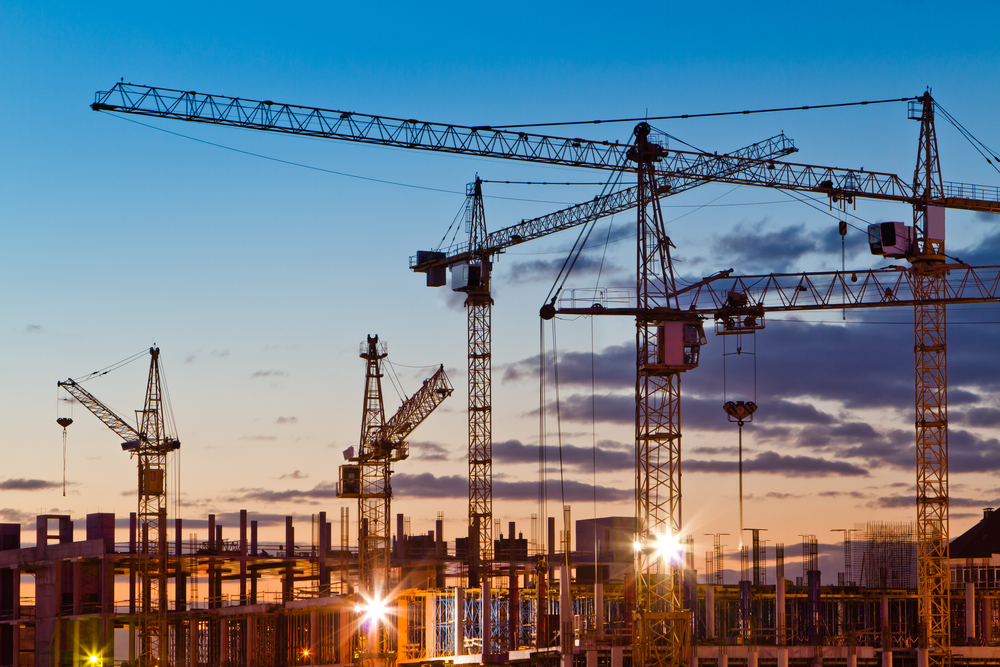At Diamond Rigging and Crane, we understand that cranes play a vital role in various industries. From construction sites to warehouses, these towering machines are essential for lifting heavy loads. In this blog post, we’ll take you on a journey to explore the different types of cranes used in these industries. Understanding these cranes is crucial, not just for those who operate them but for everyone’s safety on the job.
Understanding the Need for Different Crane Types
When you look around a construction site or a busy port, you’ll notice that not all cranes are the same. Each crane type serves a specific purpose. This diversity arises because cranes need to handle different jobs, loads, and environments. Choosing the right crane for a particular task is vital for safety and efficiency.
1. Mobile Cranes
Mobile cranes are like the “all-terrain” vehicles of the crane world. They can move around easily, making them versatile for various tasks. There are different types of mobile cranes, such as truck-mounted, rough terrain, and all-terrain cranes. These cranes are often used for tasks like lifting heavy materials on construction sites or in emergency situations.
2. Tower Cranes
Ever wonder how skyscrapers are built? Tower cranes are the answer. They are incredibly tall and stable, making them perfect for lifting materials to great heights. These cranes are commonly seen on construction sites and are crucial for building tall structures.
3. Crawler Cranes
When the ground is rough or soft, you need a crane that can handle it. Crawler cranes have tracks instead of wheels, giving them excellent stability on challenging terrain. Industries like mining and heavy lifting rely on these cranes to get the job done.
4. Overhead Cranes
In warehouses and manufacturing plants, you’ll often see overhead cranes. These cranes are mounted on tracks on the ceiling, allowing them to move materials efficiently. They are vital for safely lifting and transporting heavy objects in these settings.
5. Specialty Cranes
Apart from the usual suspects, there are special cranes designed for specific jobs. Gantry cranes, jib cranes, and floating cranes fall into this category. Gantry cranes are used in shipyards, jib cranes assist in small spaces, and floating cranes are used for loading and unloading ships.
The Role of Operator Training
Now that you know about the different types of cranes, it’s crucial to understand the importance of operator training. Operating cranes is a skilled job that requires extensive training and certification. At Diamond Rigging and Crane, we offer comprehensive training programs to ensure that crane operators are well-prepared for their roles. Our success stories speak for themselves – our training has made a significant difference in crane safety and efficiency.
Learn With Diamond Rigging & Crane
In this blog post, we’ve shed light on the diverse world of cranes and their crucial roles in various industries. Whether it’s a mobile crane on a construction site or an overhead crane in a warehouse, understanding the right crane for the job is essential. We’ve also emphasized the critical role of operator training, and at Diamond Rigging and Crane, we’re committed to ensuring that crane operators receive the best training possible. If you’re interested in learning more about our training programs, feel free to reach out to us.
For inquiries about crane operator training and certification, please contact Diamond Rigging and Crane. We’re here to help you navigate the world of cranes safely and effectively.


